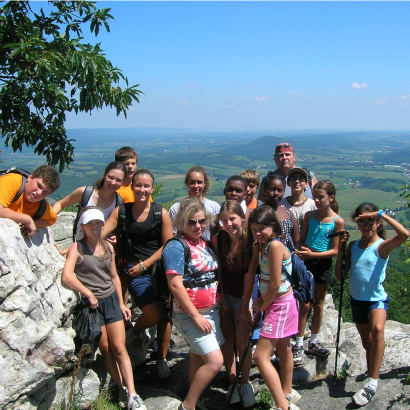
As we all know, the park and recreation profession is a diverse and comprehensive industry that improves personal, social, environmental and economic health. It also promotes unifying and comprehensive solutions to societal issues and advances standards of living wherever its unique contributions are sought and valued.
However, despite the many benefits of parks and recreation, our profession has many hurdles to overcome both from internal and external forces if we are to be recognized as the community champions we are and reach our full potential.
I am looking for your help to articulate the big-picture issues that continue to restrict our industry’s full potential. By addressing the issues we face head on, we can develop strategic plans at the local, state and national level to address them.
What follows is a starting point for the biggest issues facing our field. Please let me know your suggestions to clarify or refute these issues or identify others. I’d also like to see any supporting references or strategies you have for addressing them.
1. Universal Value Recognition
Most governmental agencies and public service organizations do not readily recognize or identify a positive contributory role for parks and recreation as a go-to industry to help meet modern social issues (i.e. health, social services, public works, community development, etc.). While the profession is an essential community service and problem-solver, and one of the highest enablers of wellness and life satisfaction, many professionals and volunteers don't sufficiently engage in their responsibilities to evidence that belief.
2. Effective Business and Leadership Modeling
The traditional business model of park and recreation services is outmoded and ineffectual. In our diverse society, the typical autocratic leadership does little to advance our profession or effectively create change in our communities. Many agencies lack the ability to take best management and leadership practices from nongovernmental applications as well as create publicly responsive and relevant value propositions. Many also lack the ability to create performance-driven organizations with sustainable funding and compelling community leadership.
3. Sufficient and Sustainable Funding
Lack of adequate funding prolongs and exacerbates social inequities, environmental harm, and unsafe and poorly maintained facilities. It stifles economic prospects, innovative solutions, new opportunities and responsive services, as well as the vocational appeal to new careerists.
4. Industry-Wide Integration
The park and recreation industry includes many diverse disciplines and related fields, but a lack of full and continual interagency and interdisciplinary awareness, cooperation and integrated services impedes the highest effectiveness and influence of the entire profession.
5. Professional Development
In our changing society, many routes lead to the field of parks and recreation, but many professionals do not actively develop leadership and maintain adequate training in all competencies. Many do not seek further training after their formal educations, keep up with changes and trends in the profession, or sustain their own active learning or self-improvement plans.
6. Community Resilience
Cities and communities everywhere are facing unprecedented environmental, social and economic challenges, which in turn make them more vulnerable to degradation and less able to restore, let alone improve, complex services and systems that meet high livability standards. In its unique central role, the park and recreation profession unites people across social, racial and economic divides, and can be a catalyst to help communities become more resilient and better adapted to thrive.
7. State and National Leadership
While the National Recreation and Park Association provides leadership on many national issues, it remains a challenge for statewide professional associations to rise to a similar position of influence in state and regional matters. Without establishing the state association as a readily recognized industry leader, trusted change agent, interpreter of societal trends and advocate of public policy, it cannot achieve its fullest potential for its members, profession and public.
Tim Herd, CPRE is the CEO of the Pennsylvania Recreation & Park Society.

